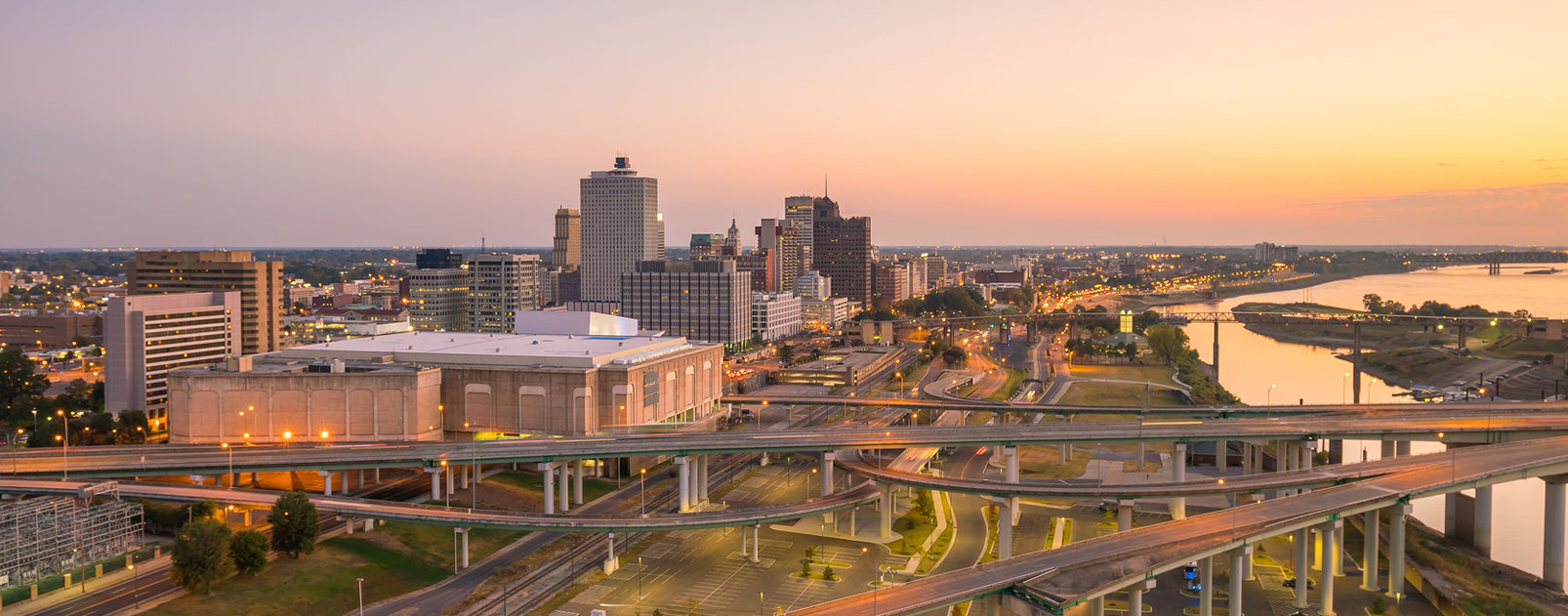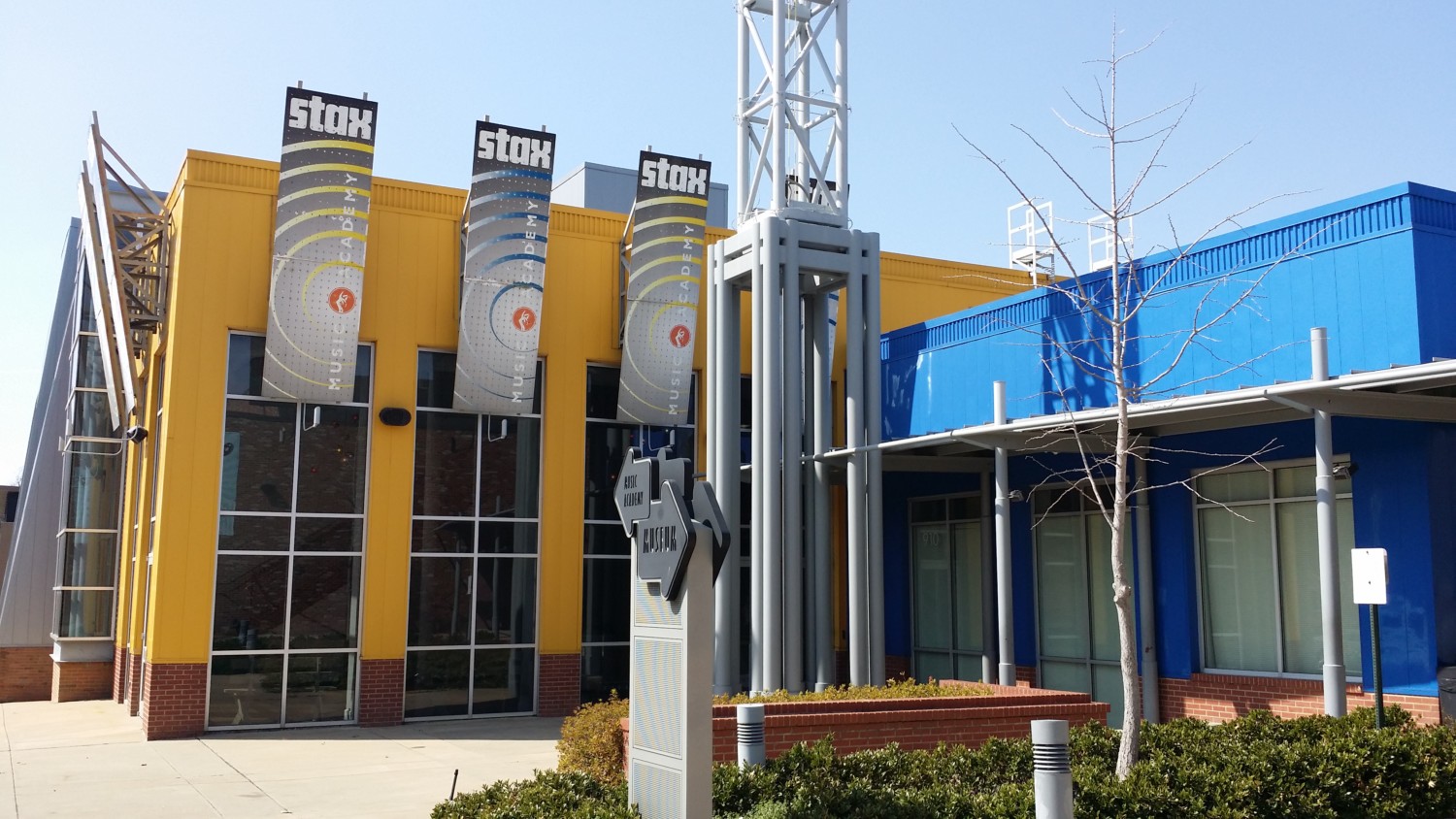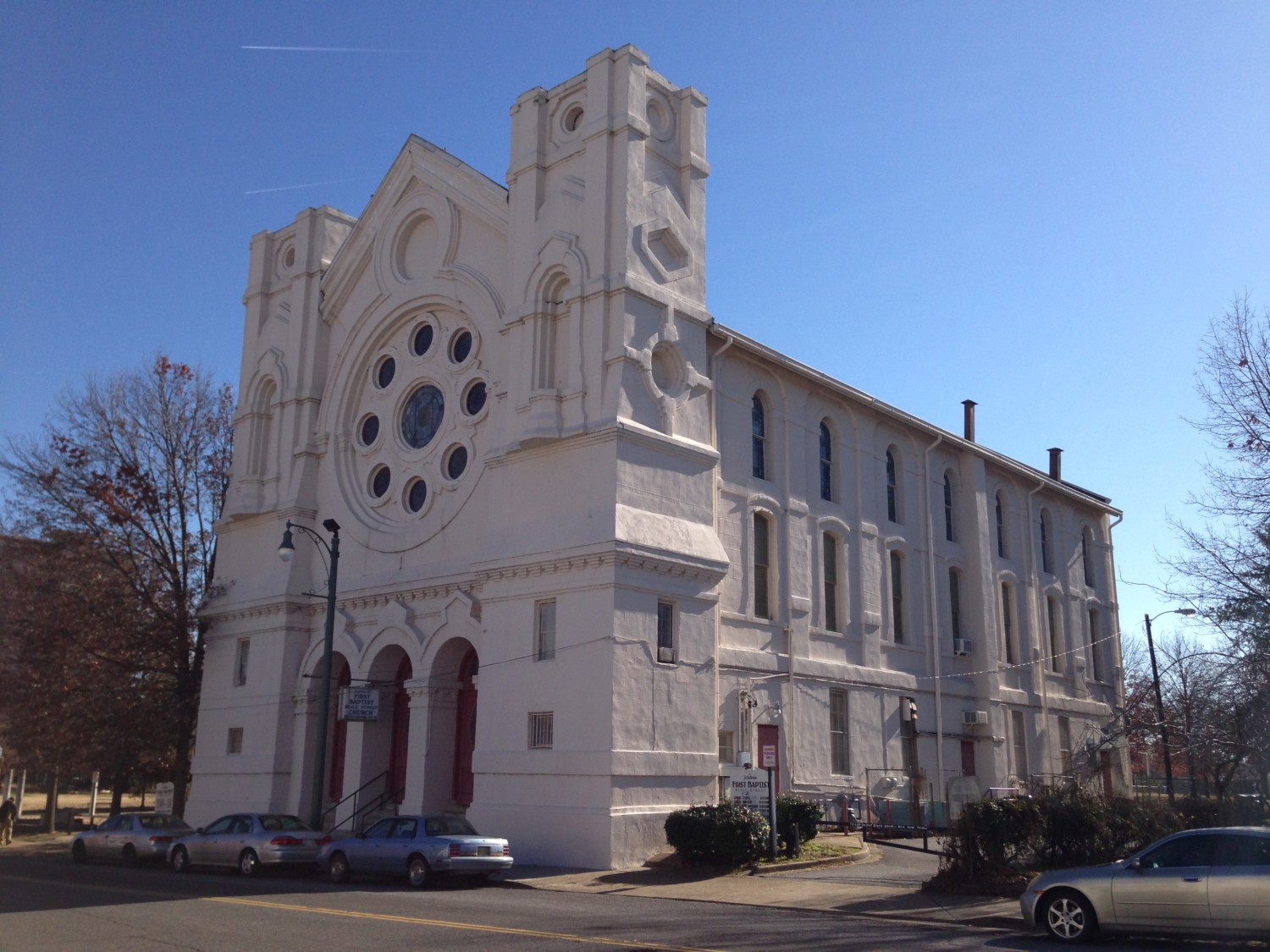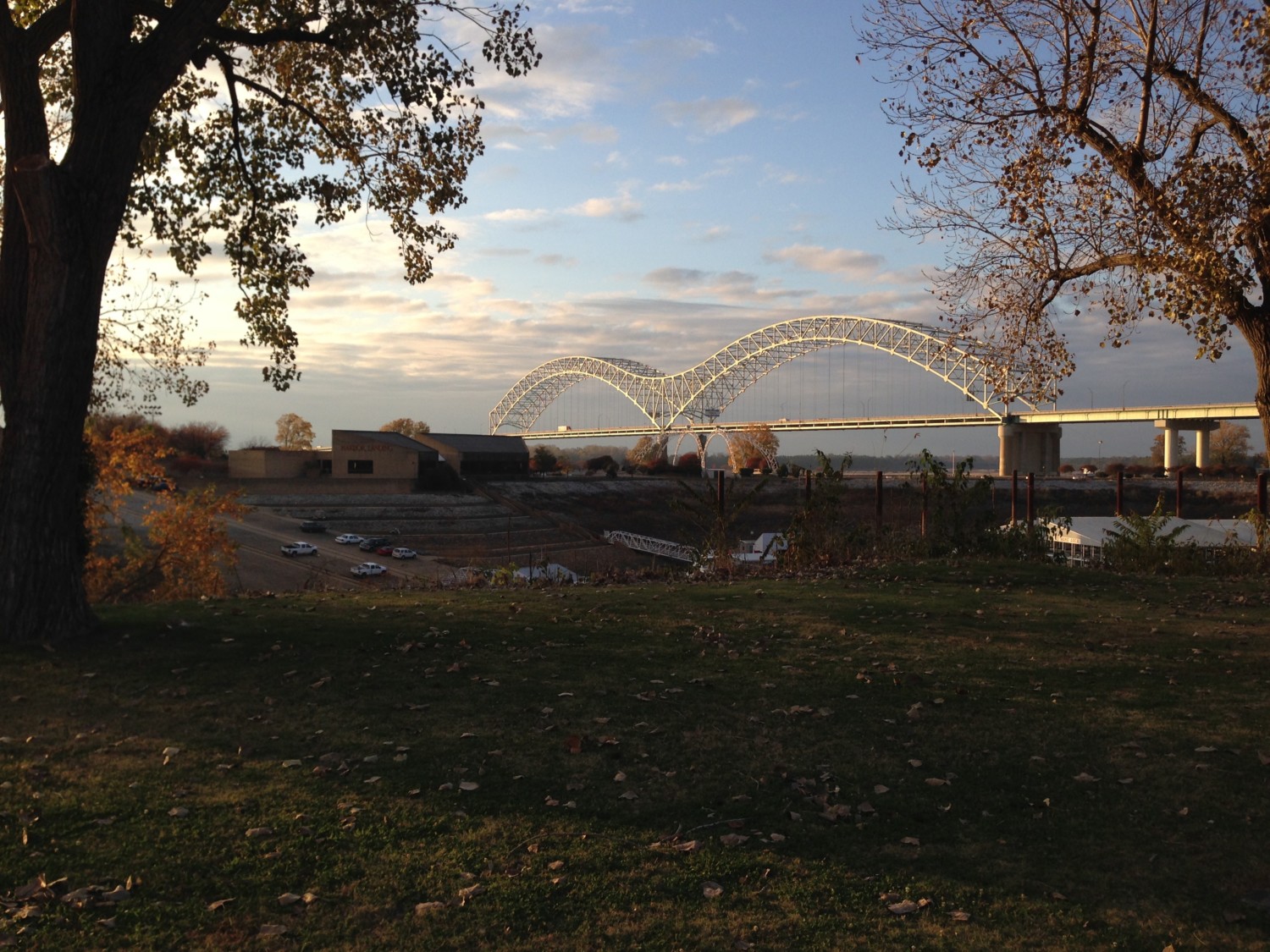“What’s all this black stuff?” I was asked on a phone call by the CEO of the tour company I worked for. This call came not too long after I was promoted to the position of General Manager.
My immediate response was, “Was there grease on the seat? Oh no! Send me their information and I will take care of it.”
“No, it’s not grease,” he responded.
He proceeded to explain “I’m getting letters and comment cards about how uncomfortable people are while on tour.”
My response was, “I get it now. You are referring to the African American history I have recently included in our tour script.” Our script, which was good, was void of anything that had to do with the contributions of African Americans in the development of our nation’s capital, Washington, DC.

I started giving tours while on summer break in college. After graduating from college I worked in the insurance industry and then in social work. Giving tours was the one job I had as an adult that brought me pure joy and fulfillment. I loved learning the information and sharing it in a way I wished I was taught history. There was nothing like seeing the excitement on people’s faces when they finally got the opportunity to see something they had only read about or had seen on TV or in movies. I couldn’t wait to tell them something they may not have known.
In our script, we shared with our guests how Pierre Charles L’Enfant designed the basic plans of Washington DC. This was true. I however included that it was an African American, Benjamin Banneker, who was able to complete the plans, from memory, two days, after L’Enfant stormed off the job.
What most likely got the most pushback, was the inclusion of the fact that enslaved people were involved in all aspects of building the White House. They also worked in the quarries where the stones of the government buildings came from.
Do you remember in 2016, when First Lady Michelle Obama, during the Democratic National Convention, spoke about how it felt to be a black woman waking up in the White House every morning – a building constructed with slave labor?
Her statement was met by disbelief and disdain. They questioned the validity of this statement and some thought it was an attempt to divide the country along racial lines.
The miseducation of many became very apparent. The quick rebuking of facts without any research was stunning.
One day while giving a tour in Washington, D.C., I encountered a tour guide’s nightmare. Two women boarded my bus and told me they had been on this tour so many times, that they could give the tour themselves. They then proceeded to sit right behind me and made comments, out loud throughout the tour.
I then heard one turn to the other and say, “Why are there so many black people on the street? I wonder if there is some type of protest taking place?” At that moment, I realized that they had been on this tour numerous times but never knew that the majority population in Washington, D.C. was African American.
This was a fact I thought everyone knew. It was clear they did not.
It was also clear to me, that in all of our information, an extensive and well-researched script, this demographic was not included.
The seed was planted. The research began. There was a story, a history of Washington, D.C. that needed to be told.
I continued working for the company whose CEO did not agree with my inclusion of African American history in the script. In spite of his displeasure, I was relocated and launched operations in two other cities. I did the research, wrote the scripts, developed the routes, and trained the guides, and yes, I included contributions made by African Americans.
To make a long story short, I was eventually downsized from the company. I knew I would eventually leave but I still wasn’t ready when leaving was forced upon me.
It was at that moment, as I stepped out of the building with my last paycheck in my hand, that I became impregnated with the desire to tell the story that most traditional tour companies are uncomfortable telling. It was time. Approximately 9 months later, A Tour of Possibilities was born.






